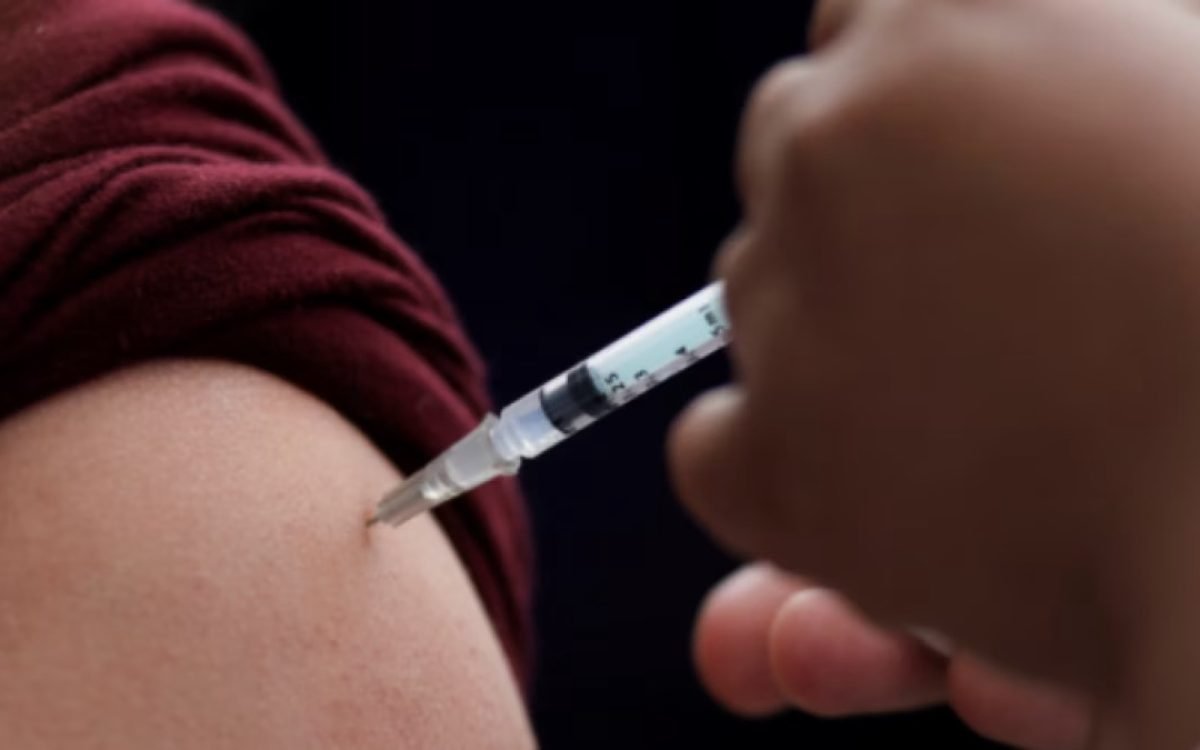In a concerning turn of events, Kerala finds itself grappling with an outbreak of mumps, a highly contagious viral infection that poses a significant risk to public health. Over the last two months alone, the state has reported a staggering total of 15,637 cases as of March 22nd, with the outbreak spreading across various districts, notably Malappuram and Kozhikode. This alarming situation has prompted health authorities to take swift and decisive action to curb the spread of the disease.
Mumps, characterized by fever, headache, and painful swelling of the salivary glands, primarily affects children and can lead to serious complications if left unchecked. Pediatricians in the state have expressed concerns about the widespread perception of mumps as a harmless illness, emphasizing the potential for severe impacts such as pancreatitis and meningoencephalitis, especially in communities lacking immunity.
In response to the outbreak, Kerala has reached out to the Central government, advocating for the replacement of the current MR Vaccine used in the Universal Immunization Programme (UIP) with the MMR vaccine. Unlike the MR Vaccine, which only provides coverage against measles and rubella, the MMR vaccine offers protection against all three diseases—measles, mumps, and rubella—making it a more comprehensive solution to combatting vaccine-preventable diseases.
Dr. Jayasree, a Professor of Community Medicine, underscores the importance of prioritizing the MMR vaccine, citing longstanding support from the Vaccination Committee of Kerala and the Indian Academy of Pediatrics. While measles has historically received more attention due to its higher morbidity and mortality rates, the surge in mumps cases underscores the urgent need for a holistic approach to vaccination.
Complications arising from mumps, such as encephalitis and pancreatitis, highlight the severity of the disease and the need for heightened awareness and preventive measures. While there is some debate within the medical community about the potential link between mumps and infertility in males, the consensus is that vaccination remains the most effective strategy for disease prevention.
Raising public awareness about the importance of vaccination and implementing stringent measures to isolate identified patients are crucial steps in containing the outbreak. Asymptomatic cases further complicate efforts to control transmission, underscoring the need for vigilance and proactive measures to prevent the spread of the disease.
In line with recommendations from the World Health Organization, integrating vaccine strategies for mumps control with existing efforts to eliminate measles and control rubella is essential for comprehensive disease prevention. By prioritizing vaccination and adopting a multifaceted approach to disease control, Kerala can mitigate the impact of the mumps outbreak and safeguard the health and well-being of its population.









